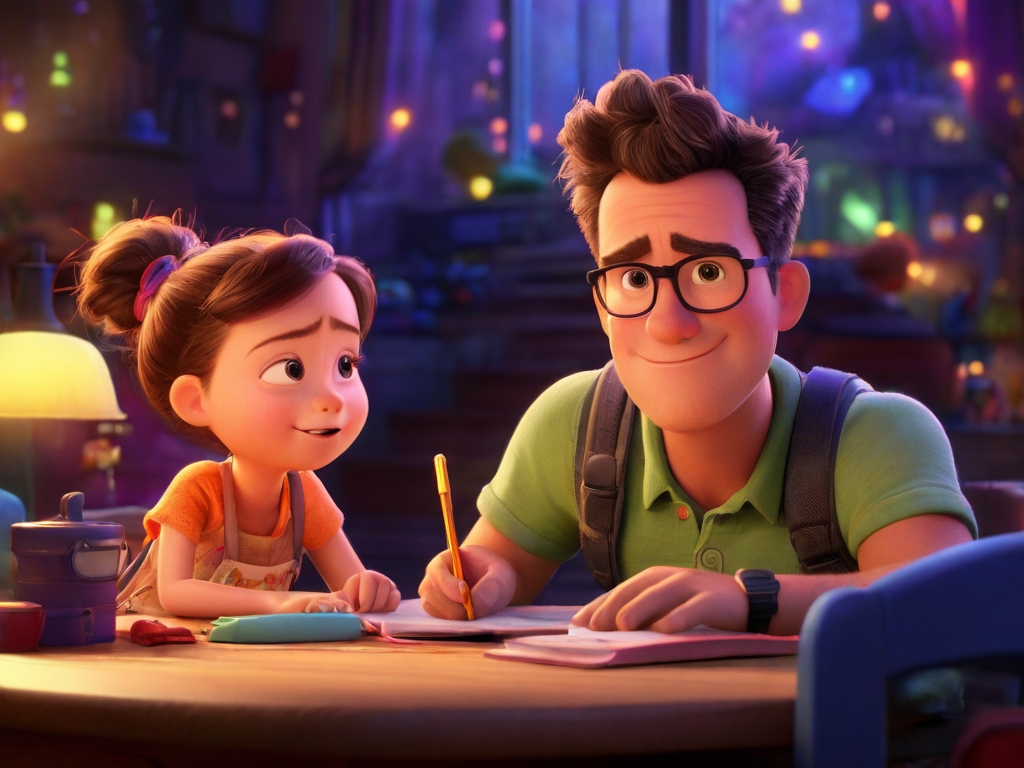Starting the journey into kindergarten is a crucial milestone for both parents and children alike. It signals the beginning of your child’s official education, and it’s normal for your little one to have questions and possibly a little bit of concern about this new experience. As a parent, it’s vital to understand what kindergarten is all about so that you may effectively prepare your kid without needless stress or expectations.
The Purpose of Kindergarten
One widespread misperception is perceiving kindergarten as a rigorous academic year similar to higher school levels. This idea sometimes prompts parents to expend enormous efforts in preparing their children intellectually, producing needless stress. Kindergarten is not designed to be an intellectual sprint; rather, it’s the first step towards a more organized educational setting.
Transitioning from Home to School
Preschool, although not essential, may be a wonderful method to expose your kid to a semi-structured learning environment outside the home. It gives possibilities for early exposure to learning and helps youngsters develop acclimated to the notion of attending school. The gradual move from home to preschool might serve as a smooth prelude to the more organized school life that awaits them in kindergarten.
The Core Goals of Kindergarten
The major purpose of kindergarten is not to push children into higher academics but rather to assist them acclimate to a more regimented school setting. By the conclusion of this essential first year, instructors expect to see youngsters who are comfortable with the notion of coming to school, capable of following a schedule, skilled at sitting at desks, attentive during classes, and able to finish projects and bring them back to school the next day. These behavioral and social skills are key building blocks for the academic years ahead.
Understanding the Kindergarten Curriculum
While there is a curriculum in kindergarten, the focus is not entirely on academic accomplishments. In many circumstances, grades are not officially issued, and students may obtain passing marks only for engaging and making an attempt. Kindergarten learning objectives are aimed primarily towards behavioral and social goals, enabling children to adjust to the school environment and connect with their classmates successfully.
Read also: From Home to School: Comprehensive Kindergarten Readiness Beyond Academics
The Role of a Kindergarten Teacher
Kindergarten instructors perform a distinct and crucial part in a child’s early school journey. They are distinct from instructors in higher grades, generally possessing specific training in child psychology. These educators function as counselors and mentors, focused on helping students transition from family life to the school environment. Building a solid collaboration with your child’s kindergarten teacher is vital, as they may give useful insights and assistance suited to your child’s needs.
Working as a Team
Getting to know your child’s teacher and their teaching style may considerably help your child’s kindergarten experience. When you and the teacher are on the same page about your child’s development objectives, you can work together as a team to give constant support and encouragement, both at home and at school. This collaborative approach will contribute to a successful and joyful first year of school for your kid.
In conclusion, knowing the purpose and objectives of kindergarten is vital for parents preparing their children for this big step. It’s not about bombarding your kid with academic demands but rather about helping them adjust to a regulated school setting while encouraging their enthusiasm for learning. By working in harmony with your child’s teacher and concentrating on your child’s social and behavioral development, you can guarantee that your child’s first year of school is a happy and successful experience.





